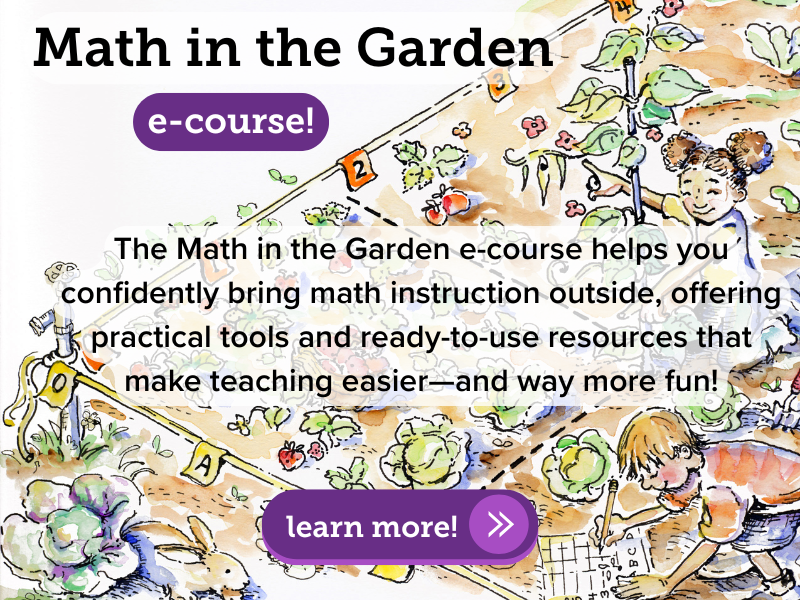Research from the American Horticulture Therapy Association (https://www.ahta.org/) has shown that spending time in natural spaces and gardens can have a positive impact on physical and mental health of both youth and adults. Benefits include a decrease in stress and anxiety, as well as increased feelings of calm and relaxation. Gardening, playing, and exploring outdoors helps the body’s nervous system find equilibrium leading to a state of increased calm. It also provides endless opportunities for kids to engage with their peers, learn peaceful ways to resolve conflicts, and learn compassion and empathy.
One of the many tragedies of the pandemic is that some children have essentially lost a year of social learning, having had far fewer interactions with those outside their home/school bubble. Some have dealt with family illnesses or experienced the trauma of losing a loved one, and all have been inundated with the chaos and uncertainties posed by the pandemic. Kids (and adults) need help navigating the many twists and turns of life these days. Gardens and outdoor spaces can offer places of refuge, healing — and fun.
Social Emotional Learning (SEL)
According to the Collaborative for Academic, Social, and Emotional Learning (CASEL), SEL is "the processes through which children and adults understand and manage emotions, set and achieve positive goals, feel and show empathy for others, establish and maintain positive relationships, and make responsible decisions."
CASEL, an organization devoted to students and educators to help achieve positive outcomes for PreK-12 students, describes five core competencies for social emotional learning:*
1. Self-awareness. To recognize your emotions and how they impact your behavior; acknowledging your strengths and weaknesses to better gain confidence in your abilities.
2. Self-management. To take control and ownership of your thoughts, emotions, and actions in various situations, as well as setting and working toward goals.
3. Social awareness. The ability to put yourself in the shoes of another person who may be from a different background or culture from the one you grew up with. To act with empathy and in an ethical manner within your home, school, and community.
4. Relationship skills. The ability to build and maintain healthy relationships with people from a diverse range of backgrounds. This competency focuses on listening to and being able to communicate with others, peacefully resolving conflict, and knowing when to ask for or offer help.
5. Making responsible decisions. Choosing how to act or respond to a situation based on learned behaviors such as ethics, safety, weighing consequences and the well-being of others, as well as yourself.
From the CASEL publication Reunite, Renew, and Thrive: Social and Emotional Learning (SEL) Roadmap for Reopening School, July 2020
https://casel.org/wp-content/uploads/2020/12/SEL-ROADMAP.20.pdf
Gardens as an SEL Resource
Parents, educators, youth leaders, and others who engage with kids have experienced their own personal traumas during the pandemic. Like the youth they serve, they may have suffered illness and death among their loved ones. They've had to become agile and flexible in their teaching strategies in what for some included ever-changing school policies. Faced with many unknowns for the current school year (Social distancing? Remote learning?) educators are our front-line heroes. Spending time in gardens and outdoor spaces offers a healing space for educators, caregivers, and parents, too.
Resources
CASEL https://casel.org/
Offers evidence-based approaches to create a framework for revitalizing SEL.
Bringing Social Emotional Learning to Your Work
Video: https://drive.google.com/file/d/18OmU8312xQ1WlhTyzQhLRAijgh6W2jX0/view



